Are you in need of paternity DNA testing, but have a lot of questions you need answered first? It can be hard to know if you can trust all of the information you find online. At The DNA Lab, we had our team of expert forensic scientists answer the top 6 questions we get about paternity DNA testing.
Q: How Do Paternity DNA Tests Work?
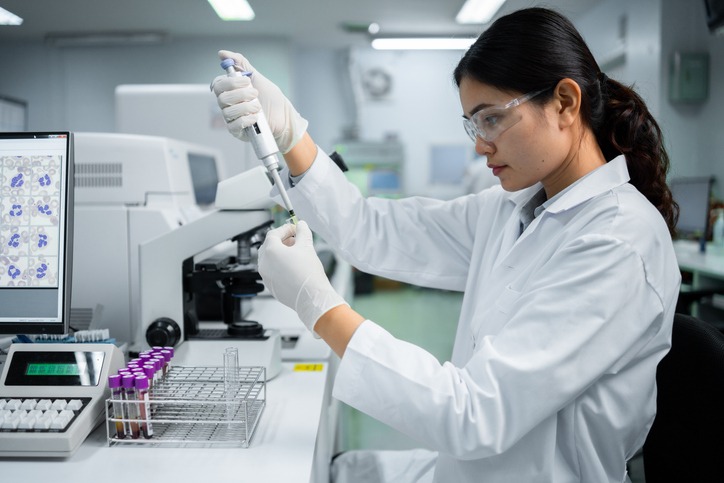
A: A paternity DNA test works by looking at specific parts of DNA called Short Tandem Repeats (STRs). These are unique patterns in your DNA that vary from person to person. We compare the STR patterns from the child’s DNA to those of the alleged father. If the patterns match, it shows a high probability that the man is the biological father.
Q: How Are DNA Samples Collected?
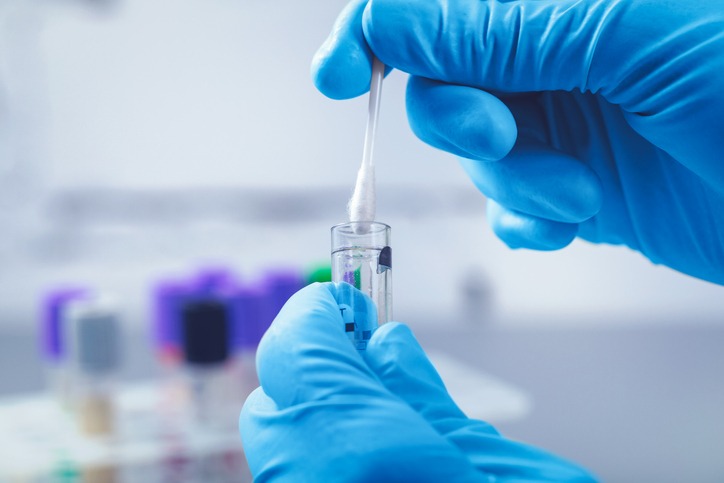
A: At The DNA Lab, our scientists test DNA samples collected with a painless buccal swab, which involves gently rubbing a swab inside the cheek. This method is quick, easy, and works for people of all ages, including infants. If a cheek swab isn’t possible due to certain medical conditions, we can also use a blood sample. DNA test samples can be collected in the comfort and privacy of your own home.
Q: How Accurate Are DNA Tests? What Factors Influence Accuracy?
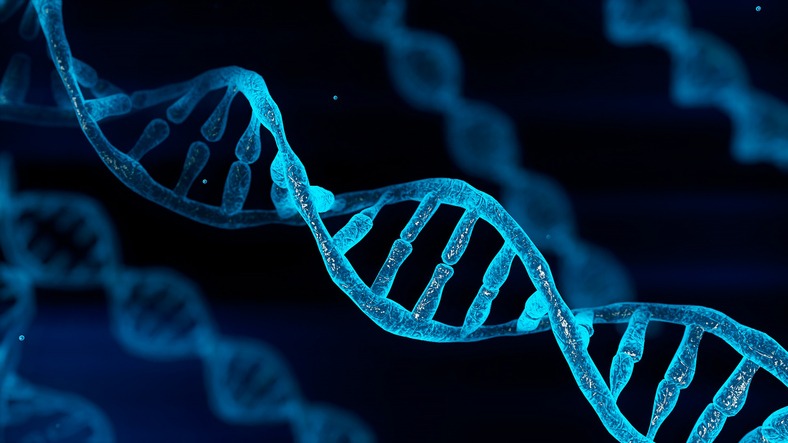
A: Paternity DNA tests using STR markers are known for their high accuracy, typically providing probabilities greater than 99.99% when confirming paternity and near 0% when ruling it out. However, several factors can influence accuracy, including the quality of the sample collected, the precision of laboratory procedures, and the number of STR loci (DNA markers) analyzed.
Q: How Long Does It Take To Get DNA Test Results?
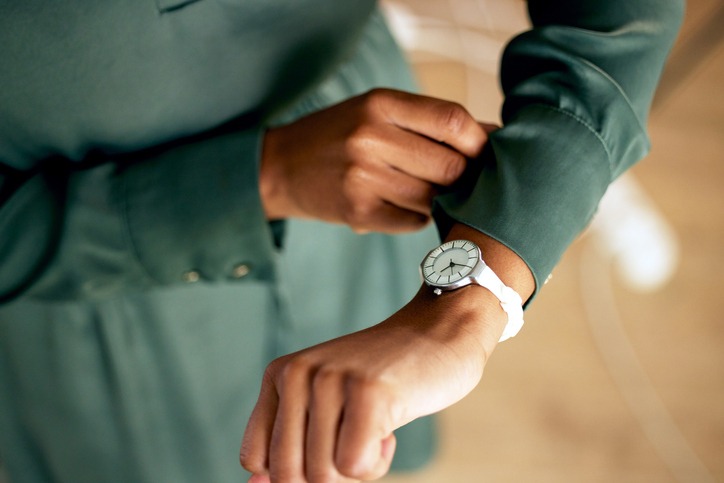
A: You can expect timely results from The DNA Lab, with a standard turnaround time of 5-7 business days from when we receive your samples. For urgent legal cases requiring expedited service, the laboratory offers options to prioritize and deliver results promptly.
Q: What is the Difference Between a Legal and Home Collection Paternity DNA Test?
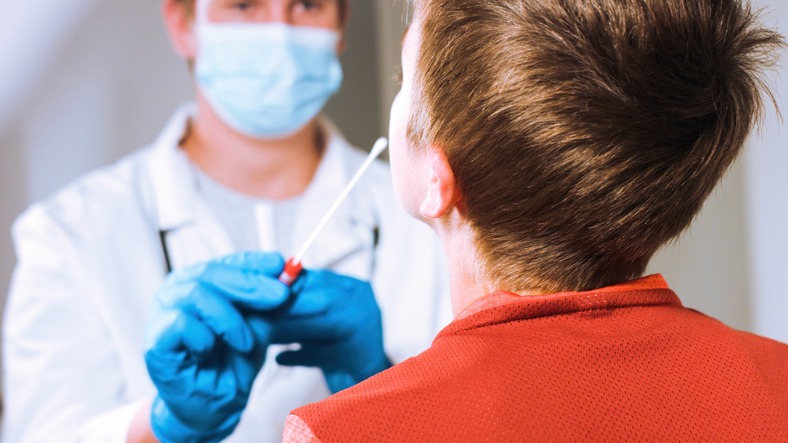
A: It’s essential to differentiate between legal and home collection paternity DNA tests because it can effect how you use the results:
Home Collection DNA Testing:
Sample Collection: Clients collect their own samples at home.
Verification: There is no witnessed sample collection, so the identity of the individuals providing the samples is not verified.
Usage: Results from non-legal tests are for personal knowledge and cannot be used in legal proceedings.
Cost: Typically lower because it does not involve the additional procedures required for legal verification.
Legal DNA Testing:
Sample Collection: Requires a witnessed sample collection to verify the identity of the individuals providing the samples.
Verification: A third-party professional supervises or conducts the collection to ensure the samples’ authenticity.
Usage: Results are admissible in court and can be used in legal matters such as custody disputes, child support cases, or immigration.
Cost: Generally higher due to the additional steps involved in verifying the identity of the individuals and ensuring the integrity of the sample collection process.
Q: Are My DNA Test Results Confidential?
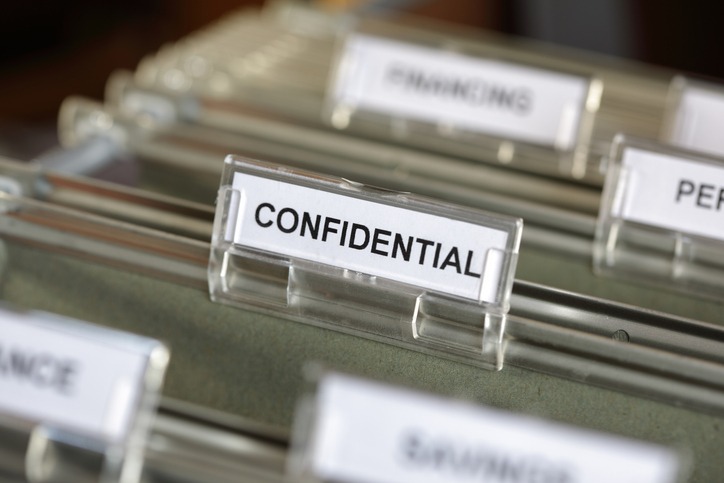
A: Maintaining confidentiality and privacy is a top priority for our entire team, whether a scientist in our lab handles your sample or an office team member sends you the results. Personal information and DNA results are handled securely and confidentially, limiting access to authorized personnel only.
Do you still have more questions? Visit our FAQs for more information about DNA testing, or contact our team for expert guidance.




